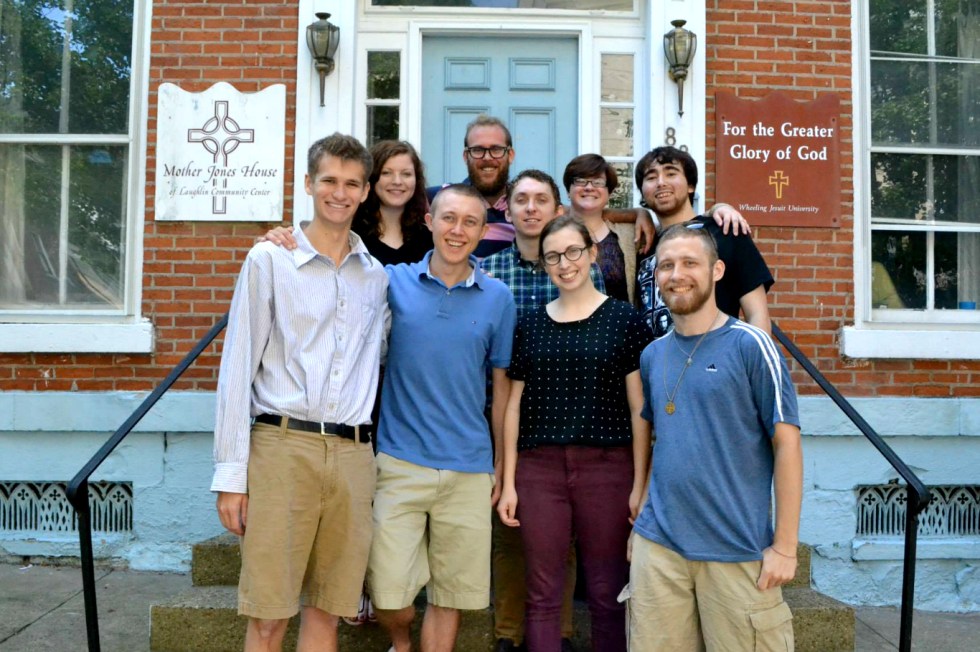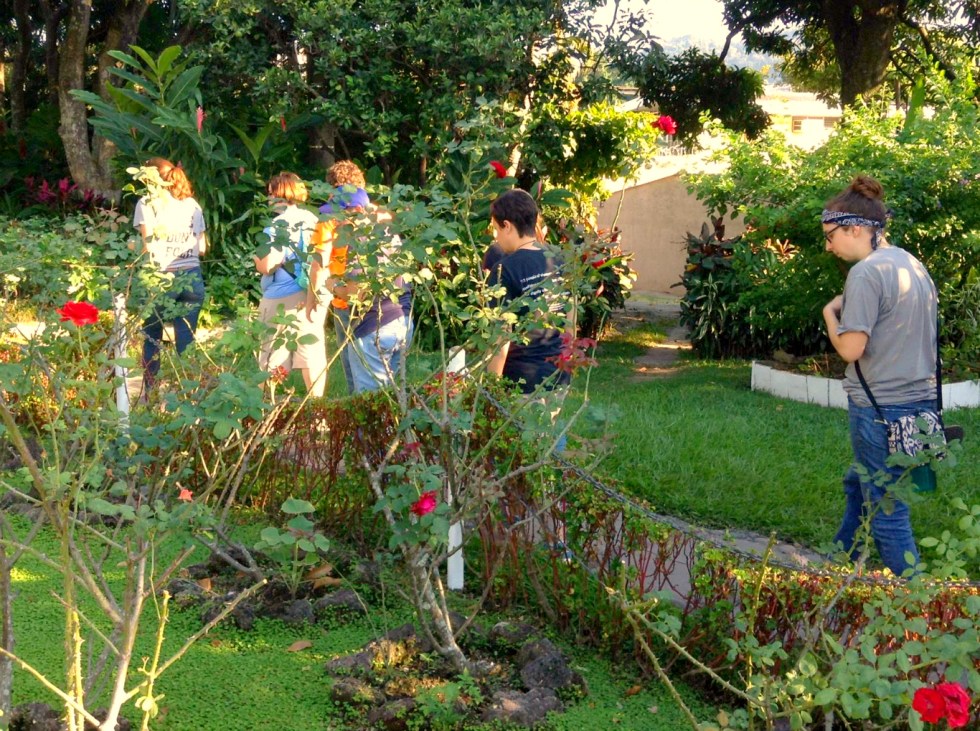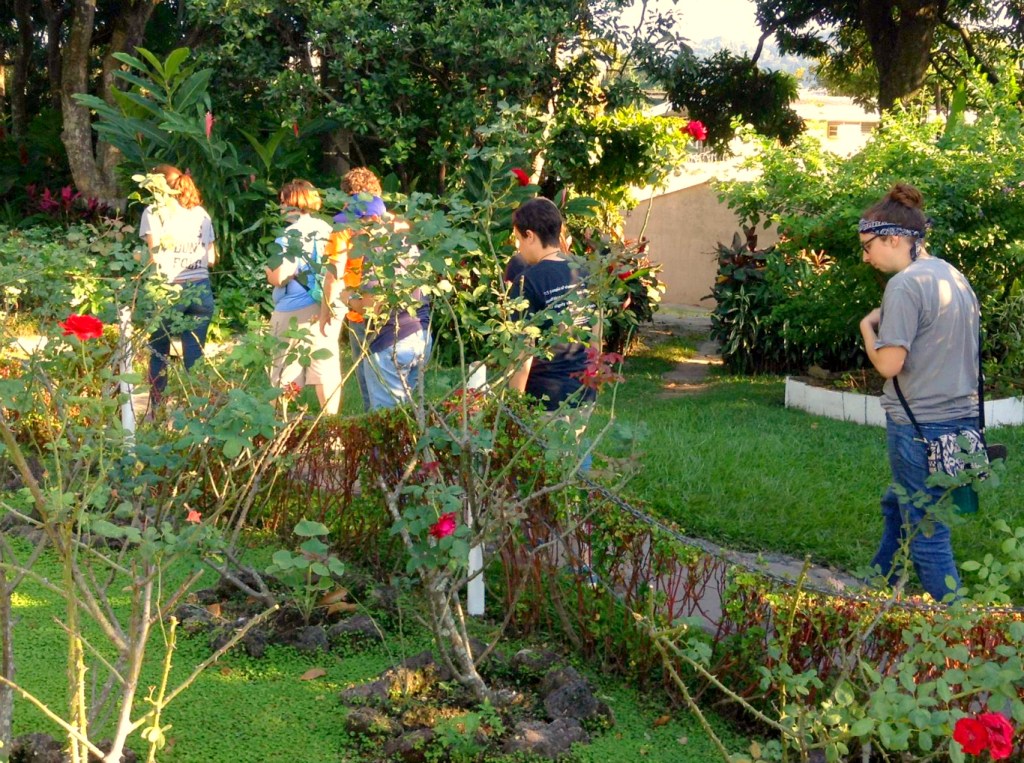By: Elizabeth Nawrocki

When I officially decided to switch my major from biology to theology during sophomore year, I knew the transition would be a little rough. No longer would my nights be filled with lab reports and studying for tests but rather with hundreds of pages of reading and comparable amounts of writing. But study habits weren’t the only thing to face massive transformation.
Spending my undergraduate career studying theology has ruined my life and destroyed my faith. I am not who I was when I started college, and I thought I was in a pretty good spot. Little did I now that simply switching my major would take my life in a whole other direction. Here’s how studying theology can really mess you up:
- Friendships change: I, like any other college student, have made and lost many friends over the past four years. Long distances and different experiences caused vibrant friendships to fade, a couple looking for another couple for double dates led to new best friends, etc. But that’s normal—I’m talking about something a little different. I’ve seen friendships deepen and flourish in ways I never thought they could as a result of studying theology. Reading the work of St. Augustine, British apologist and fiction writer C.S. Lewis, Peruvian liberation theologian Gustavo Gutierrez, and countless others each introduced me to a new way of loving. Relationships changed and changed me. Spending time with friends was not simply drinking on weekends but spending countless hours talking about injustice, brainstorming ways we could work with our neighbors to combat it, hanging out and serving at non-profits, and developing relationships that will last well beyond graduation day. Each friendship I had became more meaningful and intentional and provided for me a profound look at the Divine.

The 2015-16 Wheeling Jesuit University Mother Jones House intentional faith and service community
- God changes: Alright, God didn’t really change since I started undergrad, but who and what I understood God to be certainly did. I was initially interested in studying theology because I was very strong in my Catholic faith and very comfortable and familiar with God—religious life was definitely on my discernment radar. Well, after one intro to theology class during my first college semester, I realized I had it all wrong. My response at that point was to throw God out with the bath water and live as an atheist. But for some reason, as all this was happening, I was simultaneously drawn more deeply into the study of theology. As I continued to study I realized that what had been destroyed was not my faith in God, but my faith in an idol. And now that these idols were being destroyed there was room for a more authentic faith in a genuine God.
- Job prep is non-existent: Many of my classmates graduated a few weeks ago ready for a job in their field. Their programs prepared them for certification tests, board exams, positions in hospitals or banks. I didn’t get that as a theology major. I was not counseled toward a career or trained in a particular trade. However, I believe that I will leave college more prepared than a number of my classmates. Studying theology, especially at a Jesuit university, has prepared me for a life with others. My attention is not directed to climbing the corporate ladder or making the largest salary, but rather to creating and sustaining relationships with those I come in contact with.

Wheeling Jesuit students on the Service for Social Action pilgrimage to El Salvador
- Responsibility Increases: At the end of four years I have run out of excuses. There is no way to hide from or ignore the responsibilities that have come with a theology degree. Theologians such as Black liberation theologian James Cone, feminist theologian Rosemary Radford Reuther, and Gustavo Gutierrez have brought to the center the voices of systematically marginalized populations. And now that I have heard them I have no excuse. I can either listen to the voices of the marginalized and raise them to their rightful place of value or I can continue to ignore them and reduce them as insignificant. The choice is pretty clear, especially when made within a tradition based on the radically inclusive teaching of Jesus.

Elizabeth visiting the University of Central America memorial rose garden, where six Jesuits, their housekeeper, and her daughter were assassinated on Nov. 16, 1989, because of their relentless defense of the nation’s poor.
- You have to leave: After four years of destroying my life and my faith and turning it into something completely different, I now have to leave. I will no longer be surrounded by the professors, friends, communities, campus that have so dramatically shaped who I have become. But that’s okay. I have had a glimpse of the Divine, and if I decided I was comfortable and that glimpse was enough, I would be missing the point of my education.
If you’re happy with the way your life is right now, don’t study theology. If you don’t mind having your life ruined and then rebuilt in an absolutely beautiful way, then go for it.
In the weeks leading up to graduation, I became very emotional about leaving such a wonderful place filled with wonderful people who have helped me rebuild. Then I realized that if graduating from college is the worst part of my life right now, things are going pretty well. Looking at where I am now, I think I can say the three things Rev. Ryan Maher, S.J. suggests graduating seniors say as they leave. So, to those of you who were a part of this experience: thank you, I am sorry, and I love you.
Elizabeth Nawrocki graduated from Wheeling Jesuit University in 2016 with a major in Theology with a minor in Justice, Gender, and Diversity. During her time at WJU, she was a resident of the Mother Jones House, was active with the Service for Social Action Center, and the retreat program. In the fall she will join the Jesuit Volunteer Corps Northwest and work in a L’Arche community.

You must be logged in to post a comment.